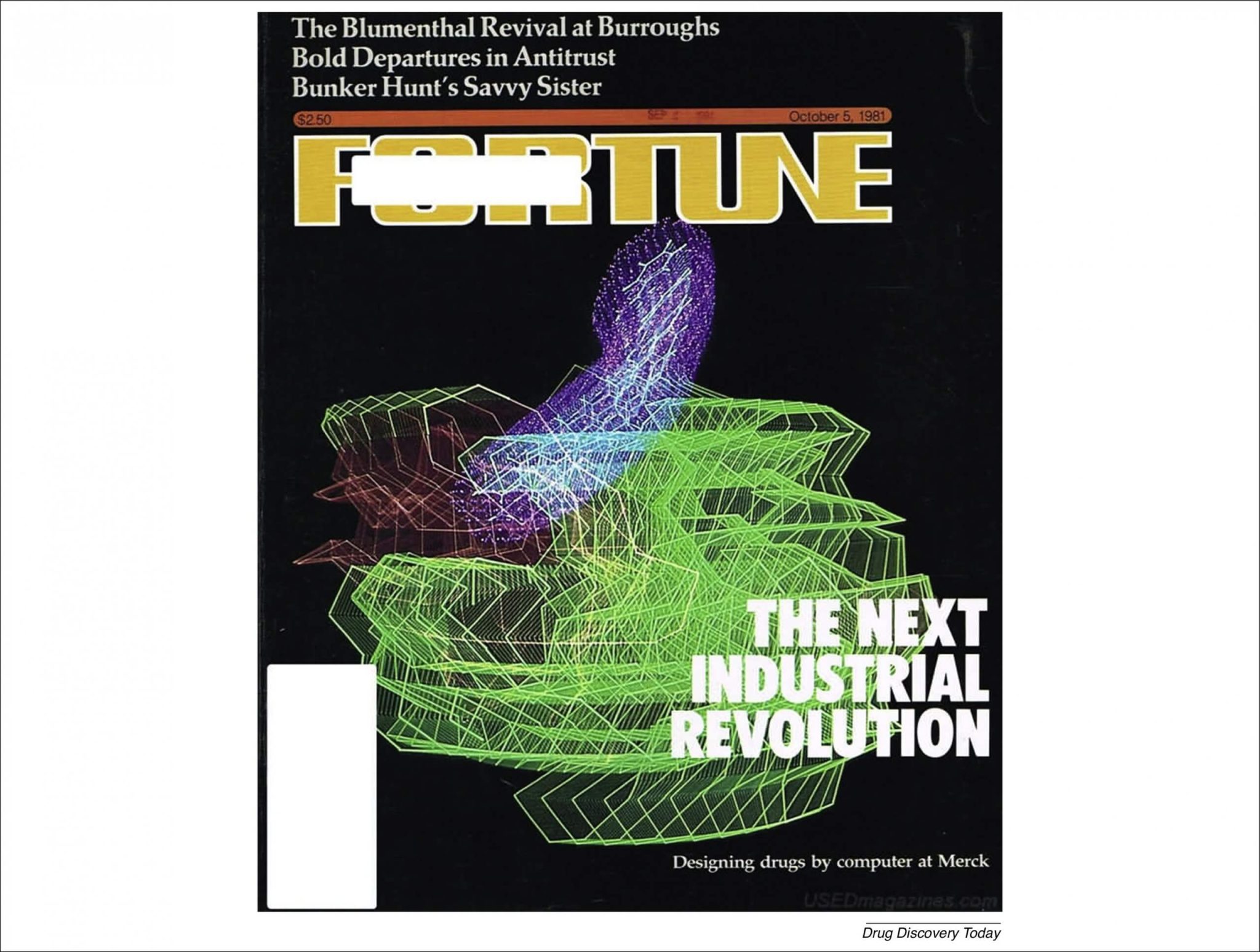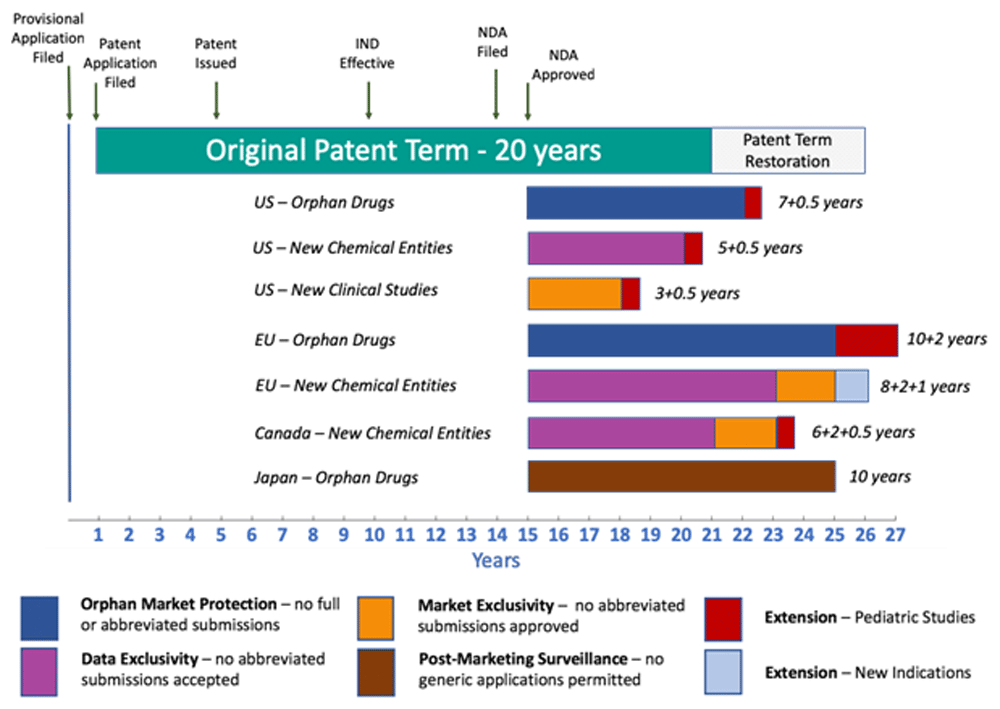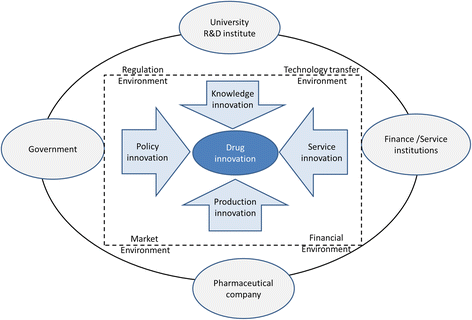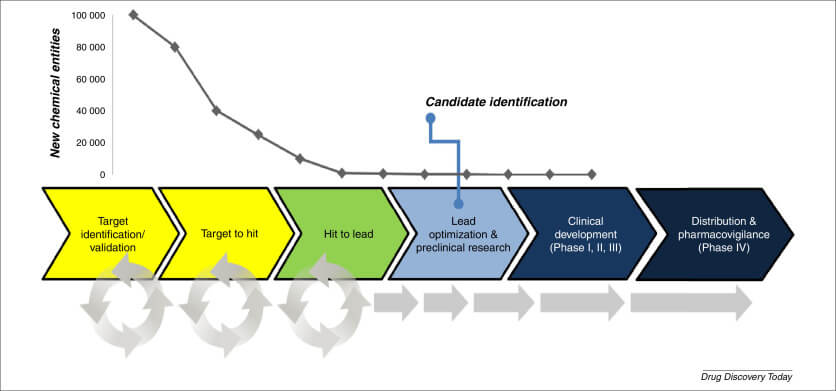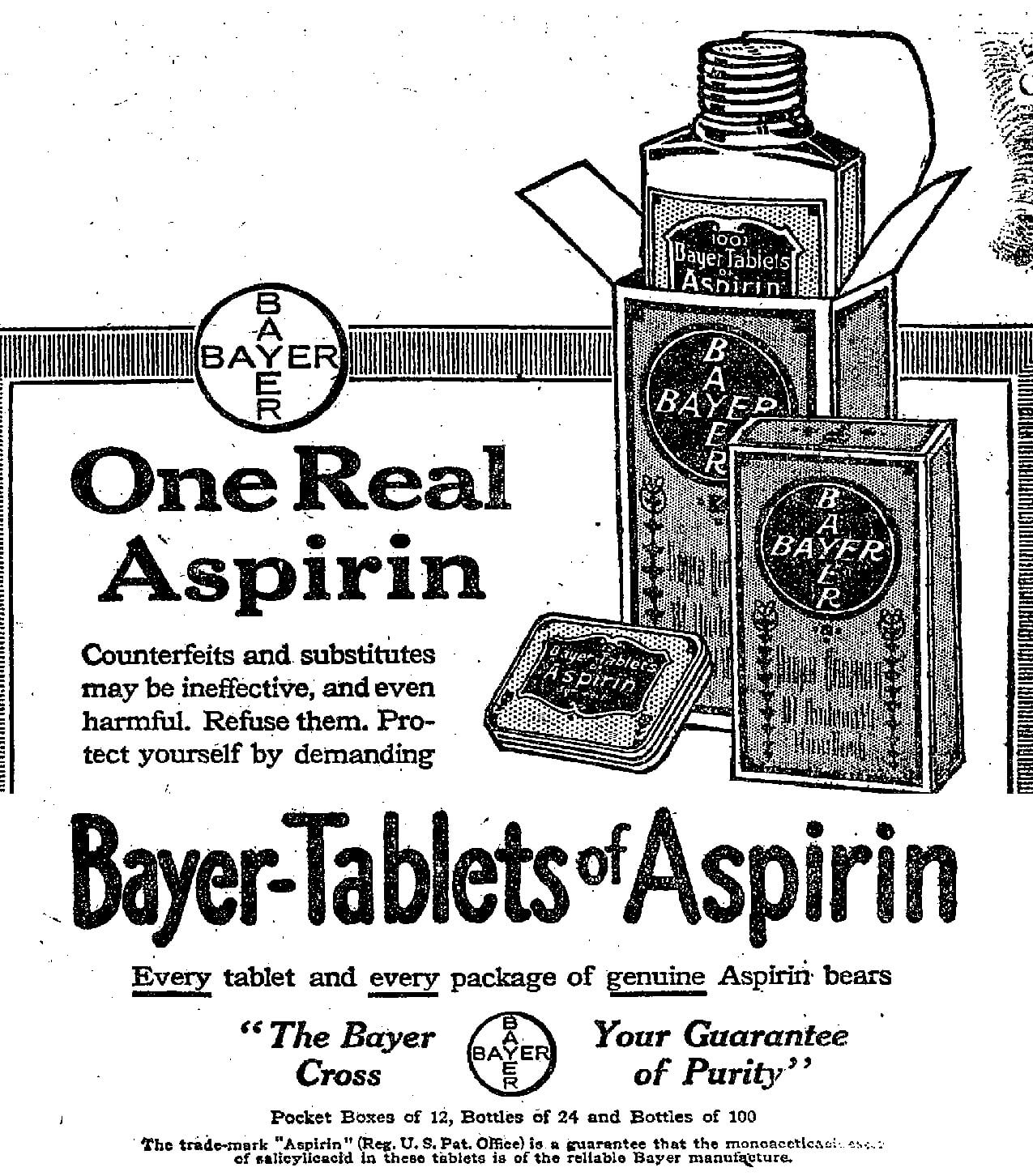Three Big Mistakes Drug Companies Make in Recruiting New Employees
In the fast-paced world of biopharmaceuticals, recruiting top talent is crucial for driving innovation and maintaining a competitive edge. However, many drug companies fall into common traps that hinder their ability to attract and retain the best candidates. This article explores three significant mistakes pharmaceutical firms often make in their recruitment processes and offers insights on how to avoid them.
The Importance of Effective Recruitment in Pharma
The biopharmaceutical industry is at the forefront of medical innovation, constantly pushing the boundaries of science to develop life-saving treatments. To achieve this, companies need a diverse workforce of skilled professionals. Effective recruitment is the cornerstone of building such teams, yet many organizations struggle to get it right.
Mistake #1: Overlooking Cultural Fit
The Significance of Company Culture in Pharma
Company culture plays a pivotal role in the success of pharmaceutical organizations. It influences everything from employee satisfaction to research productivity. However, many drug companies make the critical error of focusing solely on technical skills and qualifications during the hiring process, neglecting the importance of cultural alignment.
Consequences of Neglecting Cultural Alignment
When new hires don’t mesh well with the existing company culture, it can lead to decreased job satisfaction, lower productivity, and higher turnover rates. This misalignment can be particularly detrimental in the collaborative environment of drug development, where teamwork is essential.
“Cultural fit is not about hiring people who are all the same. It’s about finding individuals who share the company’s core values and can thrive in its unique environment,” says Dr. Sarah Chen, a pharmaceutical HR consultant[1].
Strategies for Assessing Cultural Fit
To avoid this mistake, drug companies should:
- Clearly define and communicate their company culture
- Incorporate culture-focused questions in interviews
- Implement job shadowing or trial periods
- Use personality assessments as complementary tools
Mistake #2: Rigid Qualification Requirements
The Evolving Landscape of Pharmaceutical Skills
The pharmaceutical industry is rapidly evolving, with new technologies and methodologies emerging constantly. Despite this, many companies cling to outdated or overly rigid qualification requirements when recruiting new employees.
Drawbacks of Inflexible Job Criteria
Strict adherence to traditional qualifications can lead to:
- Missing out on innovative thinkers from diverse backgrounds
- Overlooking candidates with transferable skills from other industries
- Prolonged vacancies for hard-to-fill positions
Benefits of Focusing on Potential and Adaptability
Forward-thinking pharmaceutical companies are shifting their focus from rigid qualifications to potential and adaptability. This approach allows them to:
- Tap into a broader talent pool
- Foster a more diverse and innovative workforce
- Adapt more quickly to industry changes
Dr. Michael Roberts, CEO of a leading biotech firm, emphasizes, “In today’s rapidly changing pharmaceutical landscape, we value candidates who demonstrate curiosity, adaptability, and a passion for learning just as much as those with traditional qualifications[2].”
Mistake #3: Ineffective Employer Branding
The Role of Company Reputation in Attracting Talent
In the competitive world of pharmaceutical recruitment, a company’s reputation can make or break its ability to attract top talent. Many drug companies underestimate the importance of effective employer branding, focusing instead on product branding and market positioning.
Common Branding Pitfalls in the Pharma Industry
Some frequent employer branding mistakes include:
- Overemphasis on corporate achievements rather than employee experiences
- Lack of transparency about company challenges and opportunities
- Failure to showcase the impact of employees’ work on patients’ lives
Techniques for Enhancing Employer Brand
To improve their employer brand, pharmaceutical companies should:
- Highlight employee success stories and career growth opportunities
- Showcase their commitment to innovation and cutting-edge research
- Emphasize their impact on global health and patient outcomes
- Leverage social media to give insight into company culture and values
The Impact of Recruitment Mistakes
Financial Implications
The cost of poor recruitment practices extends far beyond the immediate expenses of the hiring process. Mis-hires can lead to:
- Increased training and onboarding costs
- Lower productivity and missed project deadlines
- Higher turnover rates and associated replacement costs
Effects on Innovation and Productivity
In an industry driven by innovation, recruitment mistakes can have far-reaching consequences:
- Stifled creativity due to lack of diverse perspectives
- Delayed drug development timelines
- Missed opportunities for breakthrough discoveries
Long-term Consequences for Company Growth
Persistent recruitment errors can hamper a pharmaceutical company’s ability to:
- Compete for top talent in a tight labor market
- Maintain a pipeline of future leaders
- Adapt to rapidly changing industry trends
Best Practices for Avoiding Recruitment Pitfalls
Implementing Data-driven Hiring Processes
To make more informed hiring decisions, drug companies should:
- Utilize predictive analytics to identify successful candidate profiles
- Implement structured interviews with standardized scoring systems
- Track and analyze key recruitment metrics to continuously improve processes
Embracing Diversity and Inclusion
Diversity in pharmaceutical teams leads to more innovative solutions and better patient outcomes. Companies should:
- Set clear diversity goals and track progress
- Implement blind resume screening to reduce unconscious bias
- Partner with diverse professional organizations to expand candidate pools
Leveraging Technology in Recruitment
Advanced technologies can streamline and enhance the recruitment process:
- AI-powered candidate matching systems
- Virtual reality job previews for candidates
- Gamified assessments to evaluate skills and cultural fit
The Future of Pharmaceutical Recruitment
Emerging Trends in Talent Acquisition
As the industry evolves, so too must recruitment strategies. Emerging trends include:
- Increased focus on soft skills and emotional intelligence
- Rise of project-based hiring and gig economy in pharma
- Greater emphasis on continuous learning and adaptability
Preparing for the Next Generation of Pharma Professionals
To attract and retain the next generation of talent, pharmaceutical companies must:
- Offer flexible work arrangements and work-life balance
- Provide clear paths for career development and advancement
- Demonstrate a commitment to sustainability and social responsibility
Key Takeaways
- Prioritize cultural fit alongside technical skills in the hiring process.
- Adopt flexible qualification requirements to tap into a broader talent pool.
- Invest in strong employer branding to attract top candidates.
- Implement data-driven hiring processes and leverage technology.
- Embrace diversity and inclusion to foster innovation and growth.
FAQs
- Q: How can pharmaceutical companies assess cultural fit during the recruitment process?
A: Companies can use behavioral interview questions, personality assessments, and job shadowing opportunities to evaluate cultural alignment. - Q: What are some effective ways to showcase employer brand in the pharmaceutical industry?
A: Highlighting employee success stories, showcasing research innovations, and demonstrating the company’s impact on patient lives are effective branding strategies. - Q: How can drug companies attract diverse talent in a competitive market?
A: By partnering with diverse professional organizations, implementing blind resume screening, and setting clear diversity goals, companies can attract a more diverse talent pool. - Q: What role does technology play in modern pharmaceutical recruitment?
A: Technology such as AI-powered candidate matching, virtual reality job previews, and gamified assessments can enhance and streamline the recruitment process. - Q: How are recruitment trends in the pharmaceutical industry likely to evolve in the coming years?
A: Future trends may include a greater focus on soft skills, increased project-based hiring, and a stronger emphasis on continuous learning and adaptability.





